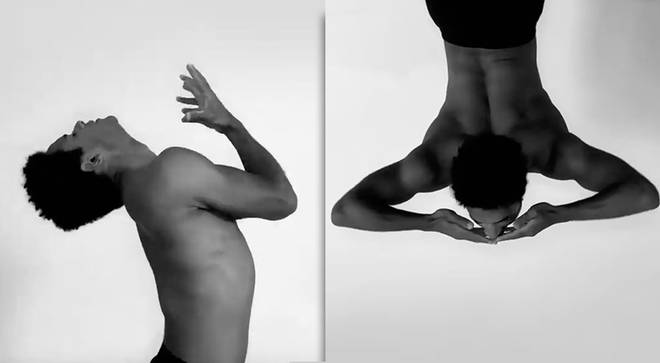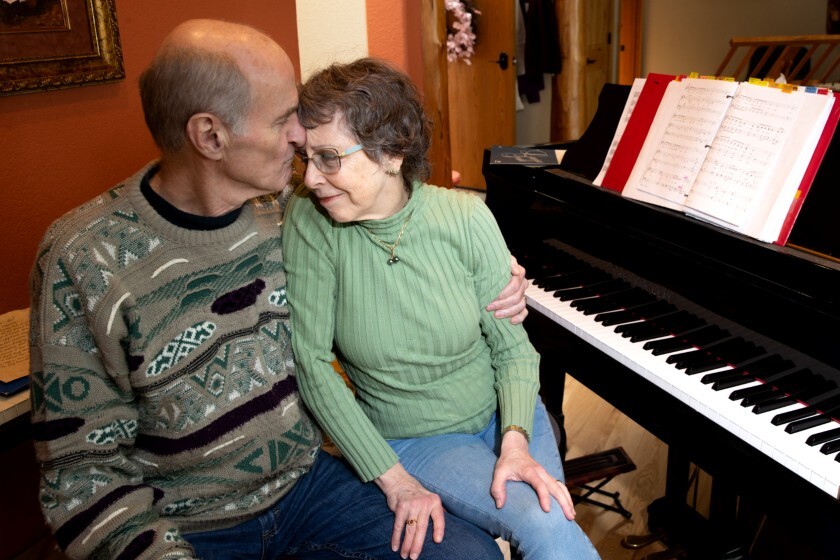Royal Ballet dancer creates powerful piece in memory of George Floyd
When words fail, art speaks.
A principal dancer at the Royal Ballet has created a powerful piece of choreography, in memory of George Floyd. The raw, moving piece is performed by Marcelino Sambé, a Portuguese ballet dancer, who named his work ‘I Can’t Breathe’.
Floyd, a black man of St. Louis Park, died after saying “I can’t breathe” as a Minnesota police officer was filmed kneeling on his neck for nearly nine minutes. His death has sparked protests around the world against racism and police brutality.
Sambé’s piece was posted by the Royal Opera House, who captioned the video: “Nobody should have to live in fear because of the colour of their skin #BlackLivesMatter.”

Warner Music IPO values major at $13bn
Warner Music Group has announced the pricing of its initial public offering at $25 per share. The size of the IPO was increased from the previously announced 70 million shares of Class A common stock to 77m. Warner Music Group delayed pricing for its IPO, as a result of Black Out Tuesday (June 2) across the music industry.
The major had planned to price stock on Tuesday night ahead of launching on New York’s NASDAQ on Wednesday. The IPO is set to value the company at almost $13bn (£10.6bn) (with an enterprise value of $16bn including $3bn in debt) – a considerable increase on the $3.3bn (£2.6bn) paid by Len Blavatnik’s Access Industries in 2011.
WMG priced shares at the higher end of the level it had initially stated.

Flugzeug und Konzertsaal: Deutscher Musikrat fordert Koordination von Corona-Grundlagenforschung
Erste Studien zum Corona-Musizieren geben vorsichtige Entwarnung etwa in Bezug auf den Aerosolausstoß von Blasinstrumenten, der niedriger als erwartet ausfällt. Dennoch gibt es derzeit aufgrund der Abstandsregeln noch keine verlässlichen Perspektiven für eine Wiedereröffnung von größeren Veranstaltungsräumen, die auch wirtschaftlich praktikabel ist. Flugzeuge dagegen dürfen mittlerweile wieder voll besetzt abheben, obwohl auch hier noch nicht abschließend geklärt ist, wie hoch die Ansteckungsgefahr an Bord ist.
Hierzu Christian Höppner, Generalsekretär des Deutschen Musikrates: „Der Deutsche Musikrat fordert das Deutsche Zentrum für Luft- und Raumfahrt (DLR) dazu auf, gemeinsam mit dem Robert Koch-Institut federführend Corona-Grundlagenforschung zur Ansteckungsgefahr in geschlossenen Räumen zu betreiben, zu koordinieren und zur Verfügung zu stellen. Die Entscheidung, Flugzeuge wieder vollbesetzt starten zu lassen, ist wirtschaftlich begründet. Der Flugbetrieb lohnt sich nur mit voll besetzten Reihen, ebenso wie der Kulturbetrieb, der ein erheblicher Wirtschaftsfaktor in Deutschland ist. Was für Flugzeug und Bahn gilt, muss auch für Konzertsäle gelten.

Airplane and concert hall: German Music Council demands coordination of basic corona research
Initial studies on corona music-making give the all-clear, for example with regard to the aerosol emissions of wind instruments, which are lower than expected. Nevertheless, due to the distance rules, there are currently no reliable prospects for a reopening of larger event rooms that is also economically feasible. Aircraft, on the other hand, are now allowed to take off again fully occupied, although here, too, it has not yet been conclusively clarified how high the risk of infection is on board.
Christian Höppner, Secretary General of the German Music Council: “The German Music Council calls on the German Aerospace Center (DLR) to join forces with the Robert Koch Institute to conduct, coordinate and make available basic corona research on the risk of infection in enclosed spaces. The decision to allow aircraft to take off again fully occupied is economically justified. Flight operations are only worthwhile with fully occupied rows, as is the cultural sector, which is a considerable economic factor in Germany. What applies to aircraft and railways must also apply to concert halls.
L’Opéra de Vienne rouvrira le lundi 8 juin
L’établissement lyrique viennois, qui avait prématurément mis fin à sa saison, prévoit de proposer une quinzaine de concerts jusqu’à la fin juin. Seuls 100 privilégiés seront admis dans la salle de 1709 sièges, comme l’exige la réglementation pour l’organisation de manifestations culturelles jusqu’à la fin du mois. L’Opéra ne présentera pas, pour cette reprise, de grandes productions du répertoire mais surtout des récitals et de la musique de chambre. Les tickets seront vendus entre 36 et 100 euros. Le coup d’envoi aura lieu le 8 juin 2020 avec un récital lyrique de Günther Groissböck (basse). Le chant qui sera à l’honneur tout au long du mois de juin avec également Tomasz Konieczny (11 juin), Camilla Nylund (15 juin), Michael Schade (18 juin), Juan Diego Flórez (20 juin) et Krassimira Stoyanova (25 juin).

The Vienna State Opera reopens on Monday 8 June
The Vienna opera house, which had prematurely ended its season, plans to offer around fifteen concerts until the end of June. Only 100 privileged guests will be admitted to the 1709-seat hall, as required by the regulations for the organization of cultural events until the end of the month. The Opera will not present, for this revival, major productions of the repertoire but mainly recitals and chamber music. Tickets will be sold between 36 and 100 euros. The kick-off will take place on 8 June 2020 with a lyrical recital by Günther Groissböck (bass). Singing will be the focus of attention throughout the month of June with also Tomasz Konieczny (11 June), Camilla Nylund (15 June), Michael Schade (18 June), Juan Diego Flórez (20 June) and Krassimira Stoyanova (25 June).
Scientists to choirs: Group singing can spread the coronavirus, despite what CDC may say
Scientists studying tiny exhaled particles that could transmit the coronavirus say a Centers for Disease Control and Prevention decision to drop warnings against choral singing is dangerous, risking more “super-spreading events” such as a Washington state choir practice linked to two deaths.
The researchers say that the coronavirus can spread in respiratory aerosols, which may linger in the air for an hour or more, floating farther than the six feet commonly prescribed for social distancing. They say that choir members are particularly vulnerable to infection from airborne particles, because they exhale and inhale deeply to sing, often at close quarters in poorly ventilated rooms.
The CDC generally dismisses the potential for airborne transmission beyond six feet, although a study it published recently said the “act of singing” likely contributed to 53 of 61 people who attended a choir rehearsal in March getting sick, two of whom died of COVID-19. Since that incident north of Seattle, reports have surfaced of other outbreaks after choir performances, including one in Amsterdam that claimed four lives.

 BACK
BACK